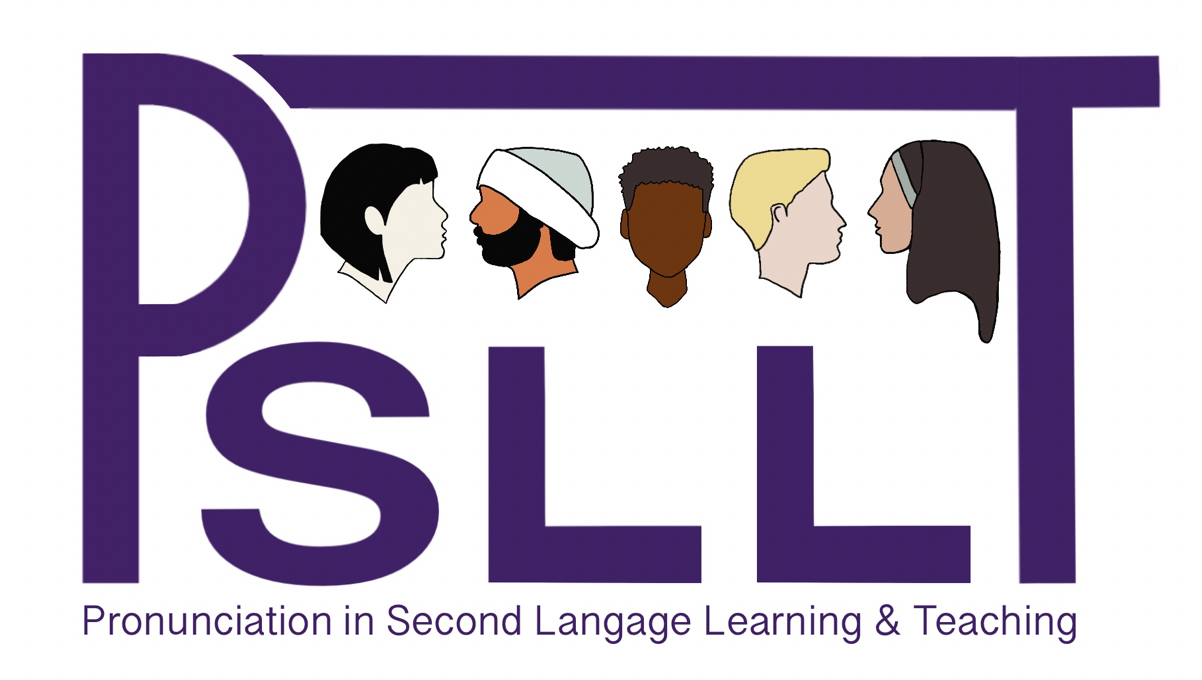Pronunciation Attitudes: The Role of Multilingual Status and Perceived Positive Language Interaction (PPLI)
- Amy S. Thompson (University of South Florida)
- Amanda Huensch (University of South Florida)
Abstract
This study investigated foreign language (FL) learners’ attitudes toward improving pronunciation in conjunction with bilingual/multilingual status. The analysis involved both an innovative operationalization of multilingualism, Perceived Positive Language Interaction (PPLI), which is influenced by Herdina and Jessner’s (2002) Dynamic Model of Multilingualism, as well as a more traditional definition of multilingualism. The current study explored the relationship between experience with multiple languages and pronunciation attitudes with 195 undergraduate students studying FLs in English- speaking North America. A modified version of the Pronunciation Attitude Inventory (Elliott, 1995a) was combined with data related to bilingual/multilingual status. Quantitative analyses included an exploratory factor analysis (EFA) and subsequent ANOVAs, with the open-ended questions analyzed via a content analysis. The EFA resulted in a three-factor solution: F1 – Lack of NS bias; F2 – Importance of improving pronunciation; F3 – Importance of communication/skills other than pronunciation. The results indicated that F2 was the only factor illustrating group differences, with the multilingual and PPLI participants showing a stronger desire to improve pronunciation in the FLs studied. Ultimately, students with experience with more than one FL have a keener desire to improve their pronunciation, a characteristic that FL instructors can use to their advantage.
How to Cite:
Thompson, A. S. & Huensch, A., (2016) “Pronunciation Attitudes: The Role of Multilingual Status and Perceived Positive Language Interaction (PPLI)”, Pronunciation in Second Language Learning and Teaching Proceedings 8(1).
Downloads:
Download PDF
View PDF
